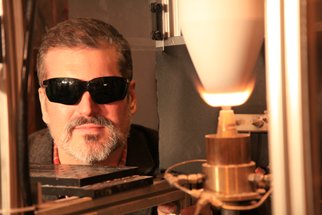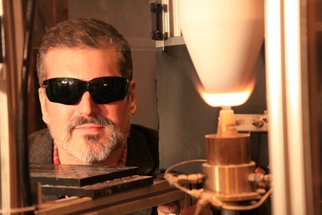Metal fuels for zero-carbon heat and power
In order to address climate change, we must transition to a low-carbon economy. Many clean primary energy sources, such as solar panels and wind turbines, are being deployed and promise an abundant supply of clean electricity in the near future. The key question becomes how to store, transport and trade this clean energy in a manner that is as convenient as fossil fuels. The Alternative Fuels Laboratory (AFL) at McGill University is actively researching the use of recyclable metal fuels as a key enabling technology for a low-carbon society. Metal fuels, reduced using clean primary energy, have the highest energy density of any chemical fuel and are stable solids, simplifying trade and transport. The chemical energy stored in the metal fuels can be converted to useful thermal or motive power through two main routes: the Dry Cycle, where metal powders/sprays are burned with air, or the Wet Cycle, where metal powders are reacted with water to produce hydrogen and heat as an intermediate step before using the hydrogen as a fuel for various power systems. This talk will overview the concept of metal fuels and the various power system options. It will also touch on the combustion and reaction physics of metal fuels and the propagation of metal flames.

